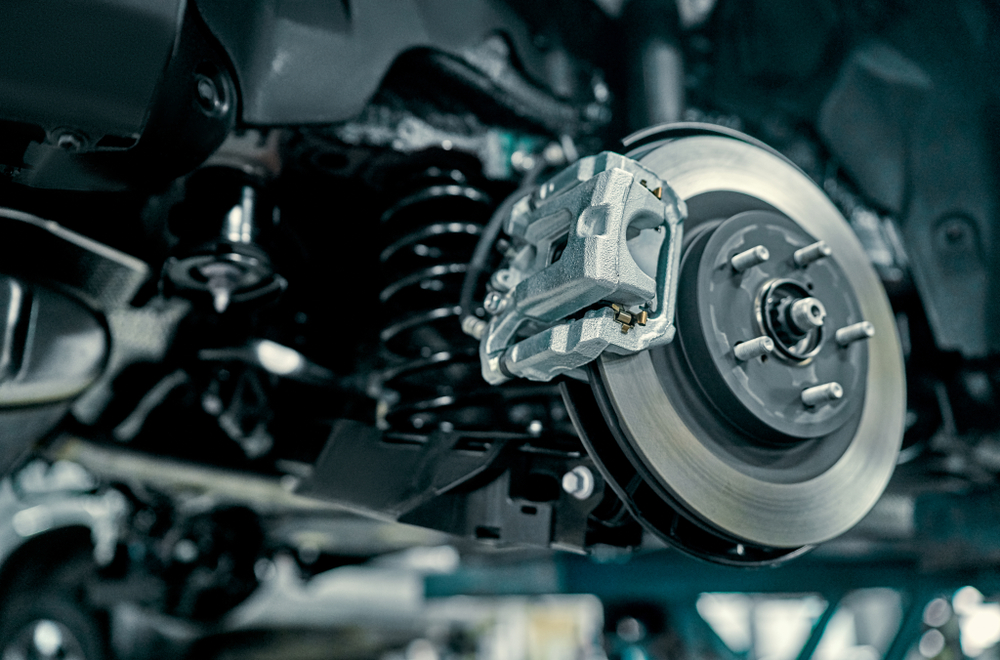How Long Do Brakes Last?
Published on
March 13, 2025

Brakes are one of the most important vehicle components - both from a performance and safety perspective. Obvious, right? But do you know how long your brakes should last and what you can do to maintain and extend their life? In this post, we'll discuss all things brakes.
How Many Miles Do Brakes Last?
How long should brakes last? While most brakes last between 25,000 and 60,000 miles, longevity really depends on your driving habits and where you do most of your driving. For instance, if most of your driving is in stop-and-go city environments, your brakes are likely to wear out sooner than if you're driving mostly on the highway and don't stop quite as often.
Additionally, if you're an aggressive driver and are regularly hard braking, your brakes are likely to wear out sooner than if you come to more gradual stops while you're driving.
Are Brakes for Cars & Trucks Different?
Car brakes largely rely on brake fluid to help bring the vehicle to a complete stop. Hence, for the brakes to work effectively and efficiently, fluid needs to be frequently replenished. Truck brakes, conversely, often use pressurized air. One of the key benefits of using compressed air is that it never runs out, meaning the overall brake system tends to be more reliable.
Signs of Worn Out Brake Pads
Aside from the vehicle's mileage (remember, brakes often last anywhere from 20,000 to 60,000 miles before replacement is necessary), there are some other tell-tale signs to be on the lookout for that could indicate brakes that are on the fritz. These signs include:
- A screeching or squealing sound as you press the brake pedal.
- It's taking longer for you to stop.
- Your steering wheel or your entire vehicle shakes or vibrates when you press the brake pedal.
How You Can Make Your Brake Pads Last Longer
There's a mix of things you can do to extend the life of your brake pads. For instance:
- Practice good driving habits: Don't aggressively brake. Instead, try to come to gradual stops.
- Don't drive heavy: If your vehicle is frequently running heavy, it's going to put more wear and tear on the brake pads. Try to ensure your car isn't loaded with cargo or other items while you're driving.
- Invest in good brake pads: Make sure you're purchasing brake pads from trusted manufacturers. Additionally, you can likely increase brake longevity by spending a bit more on a higher quality type of pad, like semi-metallic or ceramic pads.
Have Your Brakes Serviced at a GreatWater Garage Today!
For more information on brake longevity and to have your brakes serviced, schedule an appointment at your local GreatWater 360 Auto Care-affiliated shop today.

.png)
